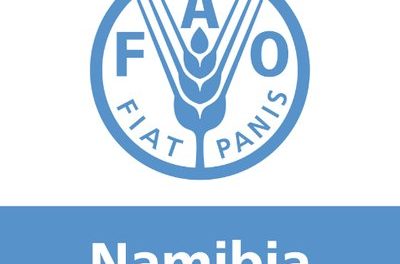
Councillors visit model food projects in Brazil

Muesee Kazapua and Christopher Eita at an agricultural kiosk in Belo Horizonte in Brazil. Small farmers sell their produce at these kiosks directly to consumers, thus eliminating the middleman leading to lower prices.
Kazapua was joined by his External Relations Manager, Christopher Eita and had the opportunity to study an exemplary model for food security.
Although Namibia is ranked as an upper-middle-income country, it grapples with perennial food deficits, recurring droughts and floods, resulting in high rates of chronic malnutrition. This year, a large number of people are facing food insecurity amid Namibia’s longest dry spell experienced in a generation. The government declared a state of emergency after the failure of crops in May and pledged N$$20 millioin in support.
“Though the level of government closest to the people, local authorities have not been actively involved in food security programmes”, noted Kazapua.
“Chronic malnutrition affects almost 30% of children below the age of five. This is unacceptable” he commented.
“By sharing best practices with our counterparts in Belo Horizonte, Mayor Agnes Kafula and I intend to solve this problem fundamentally by promoting urban food security projects and turn Windhoek into a role model for other African cities to learn from”.
The study tour to Brazil was organized and funded by the World Future Council, in close collaboration with the city of Belo Horizonte.
The Brazilian city is renowned for its successful implementation of food security policies, which have ended hunger and led to a significant reduction in malnutrition and child mortality.
“This study tour was an eye opener, as it brought about a better understanding of the role of local authorities in food security, the importance of establishing municipal food banks and minimization of food waste,” Kazapua said during the closing dinner.
In 2009, Belo Horizonte received the World Future Council’s Future Policy Award for its exemplary food security programme.










































